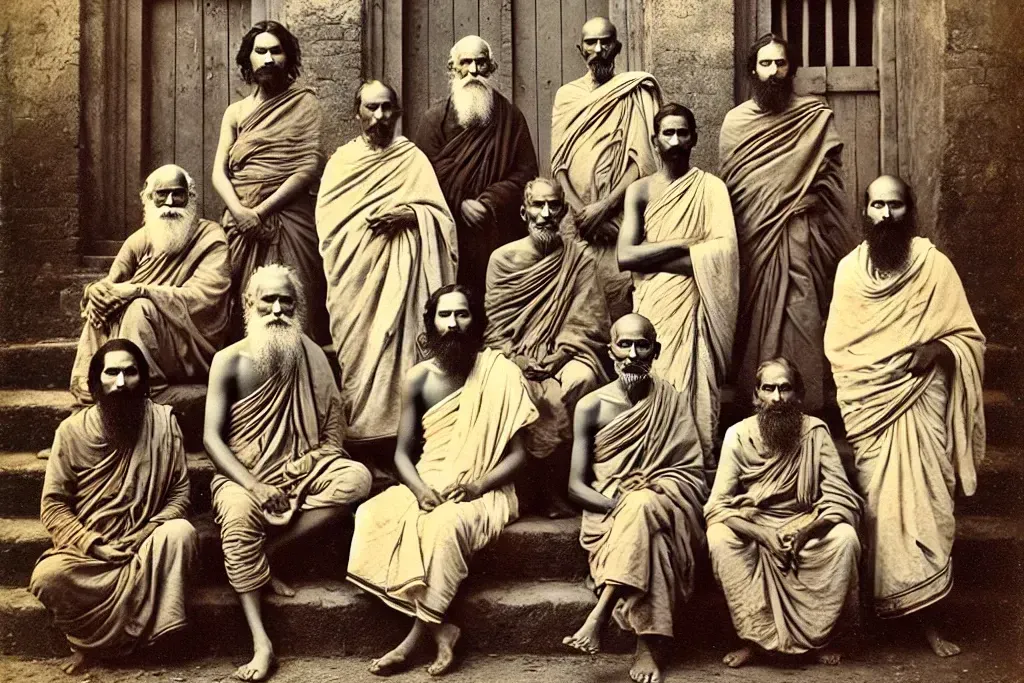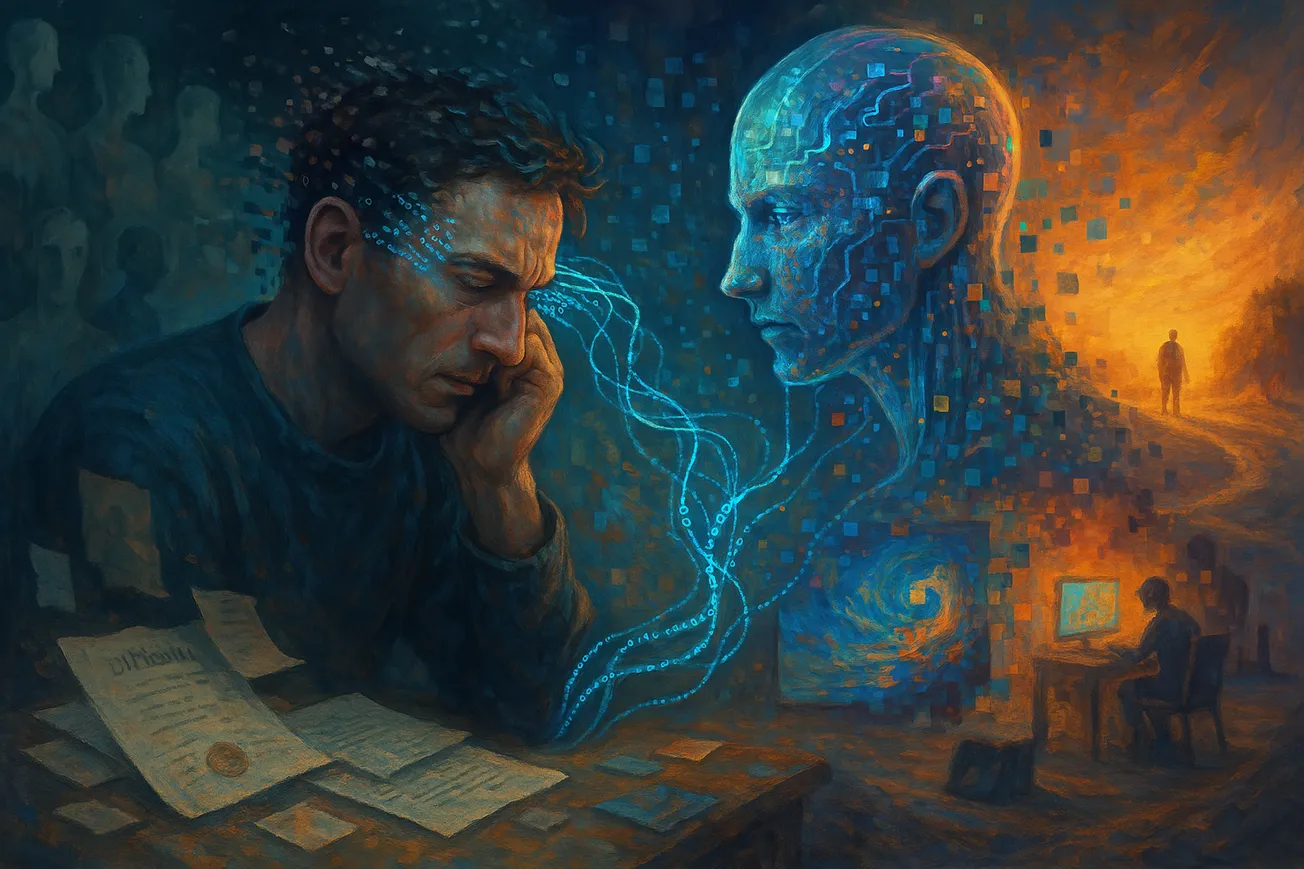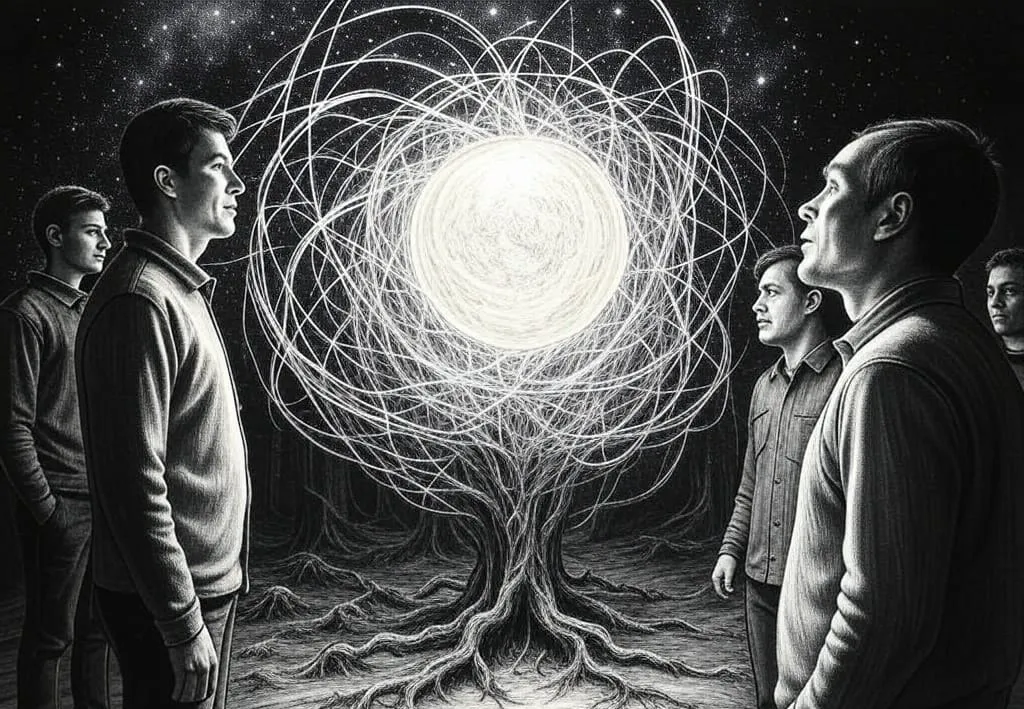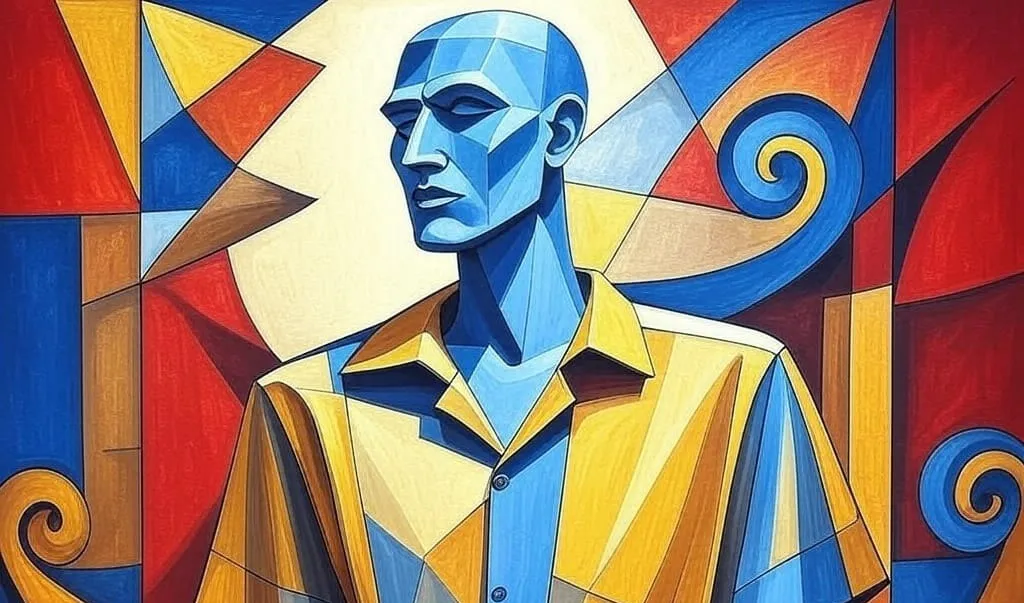In a world awash with misinformation and deceit, one must wonder: how much truth can the current state of the world tolerate?
We are submerged in a sea of lies, where each uncovered falsehood generates tension and pain for those who have placed their trust in them, only to discover they have been deceived. This essay delves into the intricate relationship between truth and lies, exploring their definitions, the origins and inception of lies, and the profound consequences of their revelation. By examining these elements, we can better understand the world’s capacity to endure truth amidst pervasive deception.
Defining Truth and Lies
Truth, at its essence, refers to statements or beliefs that align with reality or verifiable facts. It embodies accuracy and honesty, serving as the bedrock of trust and mutual understanding. Lies, in contrast, are intentional deceptions crafted to mislead others. Yet, the boundary between the two is not always sharply defined. Truth can be subjective, shaped by individual perspectives or interpretations, while lies may serve purposes such as protection, manipulation, or the preservation of social harmony. This fluidity complicates our ability to identify and embrace truth in a landscape dominated by falsehoods, highlighting the need for a nuanced definition that accounts for both objective realities and human intent.
The Origin and Inception of Lies
Lies arise from a multitude of sources, each rooted in distinct motivations and contexts. At the individual level, people lie to secure personal advantages, evade consequences, or shield themselves or others from harm. On a social level, groups may perpetuate falsehoods to foster unity, exclude outsiders, or rationalize their actions. At the institutional level, entities like governments or corporations deploy lies to maintain power, control narratives, or pursue strategic ends. On a broader cultural level, societies often uphold myths or distorted histories that, while not factually accurate, reinforce collective identity or moral frameworks.
The inception of lies frequently begins modestly—a single untruth told for convenience or self-preservation. Over time, however, this initial deception can spawn a complex web of falsehoods, as additional lies are required to sustain the first. This escalation obscures the truth, entrenching lies within personal interactions, societal structures, and institutional practices. Understanding these origins reveals why lies are so pervasive and why their unraveling can be so disruptive.
The Consequences of Uncovering Lies
The revelation of lies carries significant consequences, often marked by emotional and social upheaval. When a long-held belief is exposed as false, those who trusted it experience betrayal, anger, and pain. Consider historical instances: Galileo’s heliocentric theory, which contradicted the Church’s geocentric doctrine, sparked outrage and resistance because it undermined a foundational worldview. In personal spheres, the discovery of a partner’s infidelity shatters trust, yet it also paves the way for honest confrontation and healing. On a societal scale, exposing systemic lies—such as those embedded in political propaganda or historical revisionism—can erode confidence in institutions, leading to distrust and unrest.
This tension reflects a fundamental conflict: the comfort provided by lies versus the discomfort of truth. In a world saturated with deception, unveiling the truth can destabilize individuals and communities, particularly when the lies are deeply ingrained. Yet, this pain is often a prerequisite for progress. By dismantling falsehoods, societies and individuals can move toward authenticity, even if the journey is fraught with difficulty.
The World’s Capacity for Truth
How much truth can the current world tolerate? The answer is not a fixed measure but a variable dependent on several factors. Psychologically, individuals employ mechanisms like denial or rationalization to shield themselves from harsh realities, suggesting a natural limit to truth’s immediate acceptance. Societally, institutions and cultures often reinforce certain narratives to ensure stability, and challenging these can provoke conflict or chaos. The rapid dissemination of information via technology further complicates this dynamic, amplifying both the exposure of truth and the proliferation of lies.
In today’s context—marked by misinformation, fake news, and polarized discourse—the tolerance for truth appears strained. A sudden deluge of revelations could overwhelm people, fostering cynicism or apathy as they struggle to discern what to believe. Conversely, a gradual unveiling might allow for adaptation, supported by education and critical thinking skills that empower individuals to navigate complex realities. The presence of robust social systems—such as community support or transparent governance—can also bolster this capacity, cushioning the impact of truth’s arrival.
Balancing Truth and Stability
The question of tolerance raises an ethical dilemma: should truth be withheld to preserve stability? Disclosing a government’s imminent economic collapse might trigger panic, worsening the crisis, yet perpetuating the lie delays inevitable reckoning. A middle path might involve measured truth-telling, revealing facts incrementally to allow adjustment without catastrophic disruption. However, this approach risks sliding into paternalism, where authorities control information under the guise of protecting the public, potentially reinforcing the very power structures that sustain lies.
Alternatively, pursuing truth relentlessly, regardless of consequences, champions authenticity but may overlook pragmatic realities. The optimal strategy likely lies in preparation: cultivating a culture that values truth, equips people with resilience, and reduces the incentives for deceit. By addressing the root causes of lies—fear, greed, or power—we can diminish their prevalence and enhance the world’s ability to embrace reality.
Conclusion
The current state of the world, immersed in a sea of lies, can tolerate truth only to the degree it is ready to face the fallout of deception. This readiness hinges on psychological fortitude, societal support, and the careful management of truth’s revelation. The origins of lies—spanning individual motives to cultural narratives—reveal their deep entrenchment, while their exposure, though painful, is essential for growth and integrity. Rather than merely asking how much truth the world can bear, we should focus on expanding that capacity. Through education, critical inquiry, and a commitment to honesty, we can forge a world that not only withstands truth but flourishes in its light, navigating the tensions of deception toward a more authentic existence.






